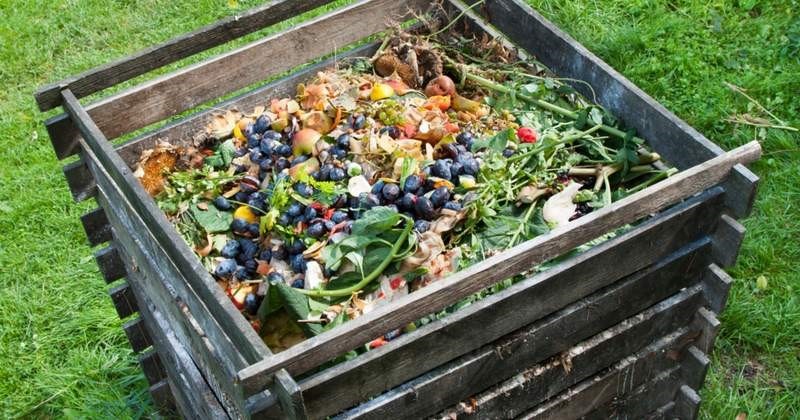
| You can think of composting as nature's way of recycling. It allows you to turn scraps into rich, fertile soil just by reusing what you might otherwise throw in the garbage. Why should you compost? From fighting climate change to making your garden more green and lush, composting is a simple way to put would-be waste to good use. Compost makes a great soil conditioner and top dressing for lawns, and it helps you grow larger, healthier vegetables. What do you need to start? All you need is some dirt and organic material. If you have a yard, a 3-foot by 3-foot space is large enough to start the process. While a bin isn't required, it can make maintaining your compost pile easier. Should you opt for hot or cold composting? There are two ways to compost. Cold composting is as easy as getting the right organic materials and layering them with dirt. Occasionally water and turn the compost, and in a year or so you'll have super fertile soil. Hot composting is a little more complicated but a much faster process. If you do it right, you can turn lawn clippings and orange peels into usable compost in months. What can be composted? The trick is to pick the right organic materials. Composting is about the interplay between carbon-rich materials, nitrogen-rich materials, water, oxygen and carbon dioxide. Good sources of nitrogen include grass clippings, vegetable scraps and manure from herbivores. Fall leaves, shredded newspaper and straw all have high carbon content. Mix these with some water and a shovel of garden soil, and you'll be off to a good start. And what can't? Although some manure is good, dog and cat waste are not. Meat scraps are also bad for composting as is anything oily, greasy or dairy-based. Pressure-treated or chemically treated wood is also no good. |
Tags
Subscribe to Texas Remodel Team's Blog





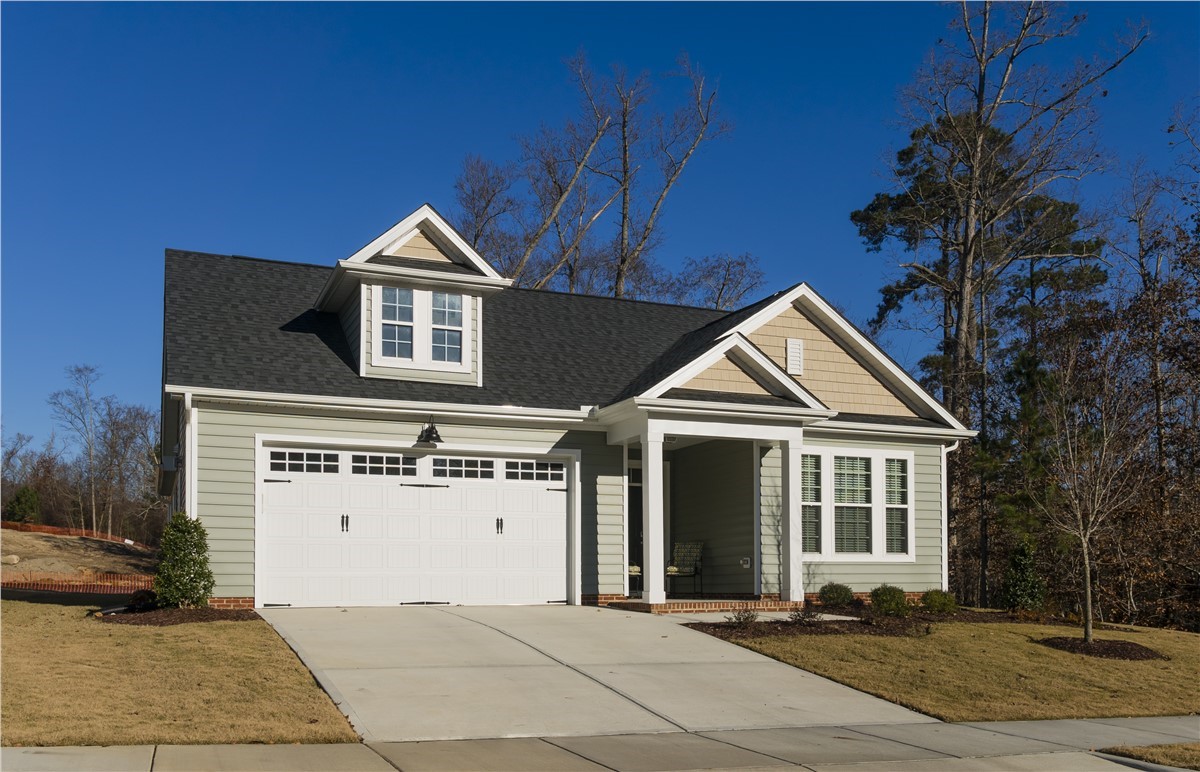
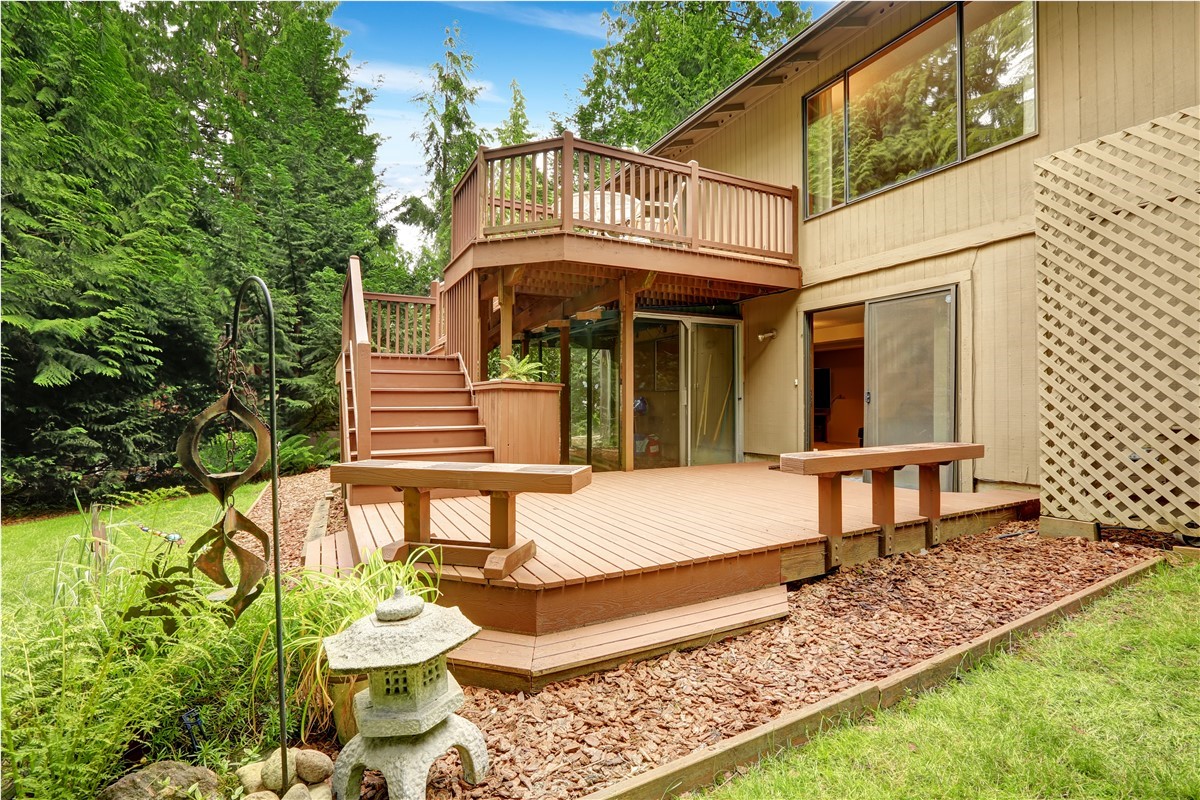

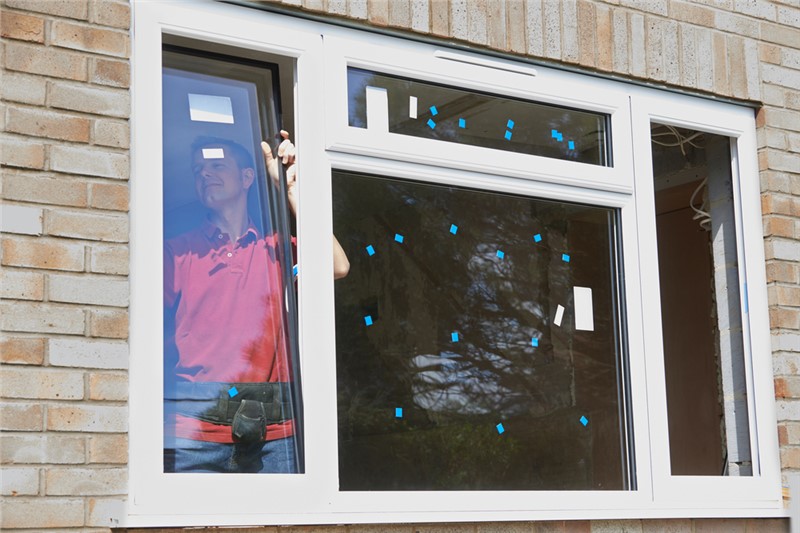
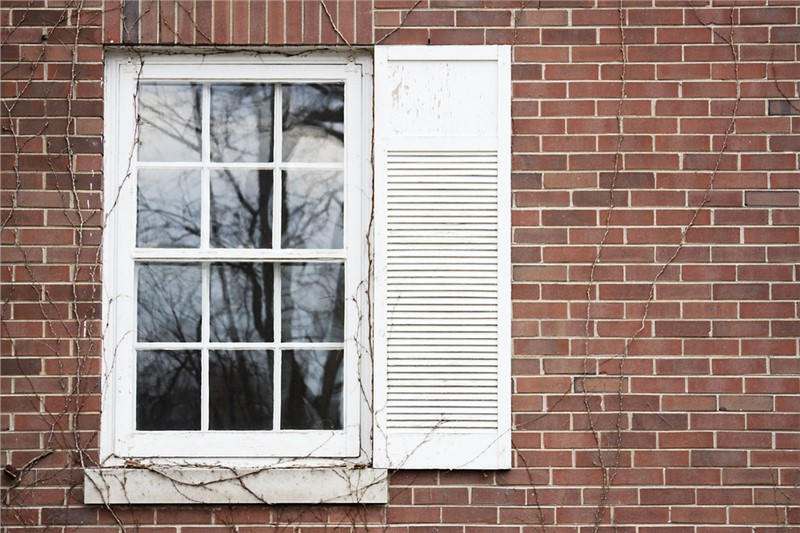

Comments